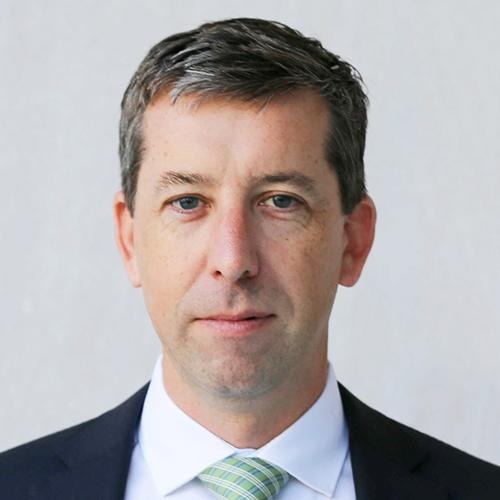Sessions With Ben Cahill
Wednesday, 20 March
-
03:30pm - 04:00pm (CST) / 20/mar/2024 08:30 pm - 20/mar/2024 09:00 pm
Best Regulatory Practices for Reducing Methane Emissions
Policy & RegulatoryReducing methane emissions and flaring in recent months has reached new levels of definition of regulations and standards, particularly in North America and Europe. At the same time, new technologies are enabling better data transparency and accuracy compared to past regulations. What are the best practices for matching regulations and standards with the tools available to Oil & Gas operators? How can industry and governments ensure such standards are sufficient to incentivize deployment of state-of-the-art measurement and mitigation solutions versus "good enough" methods for statutory reporting? How can standards be adopted in operating areas where best-in-class technologies may not be so easily deployed?
- Speakers:
- Kevin Birn
- Ben Cahill
- Stuart Payne
- Dr. Faye Gerard

